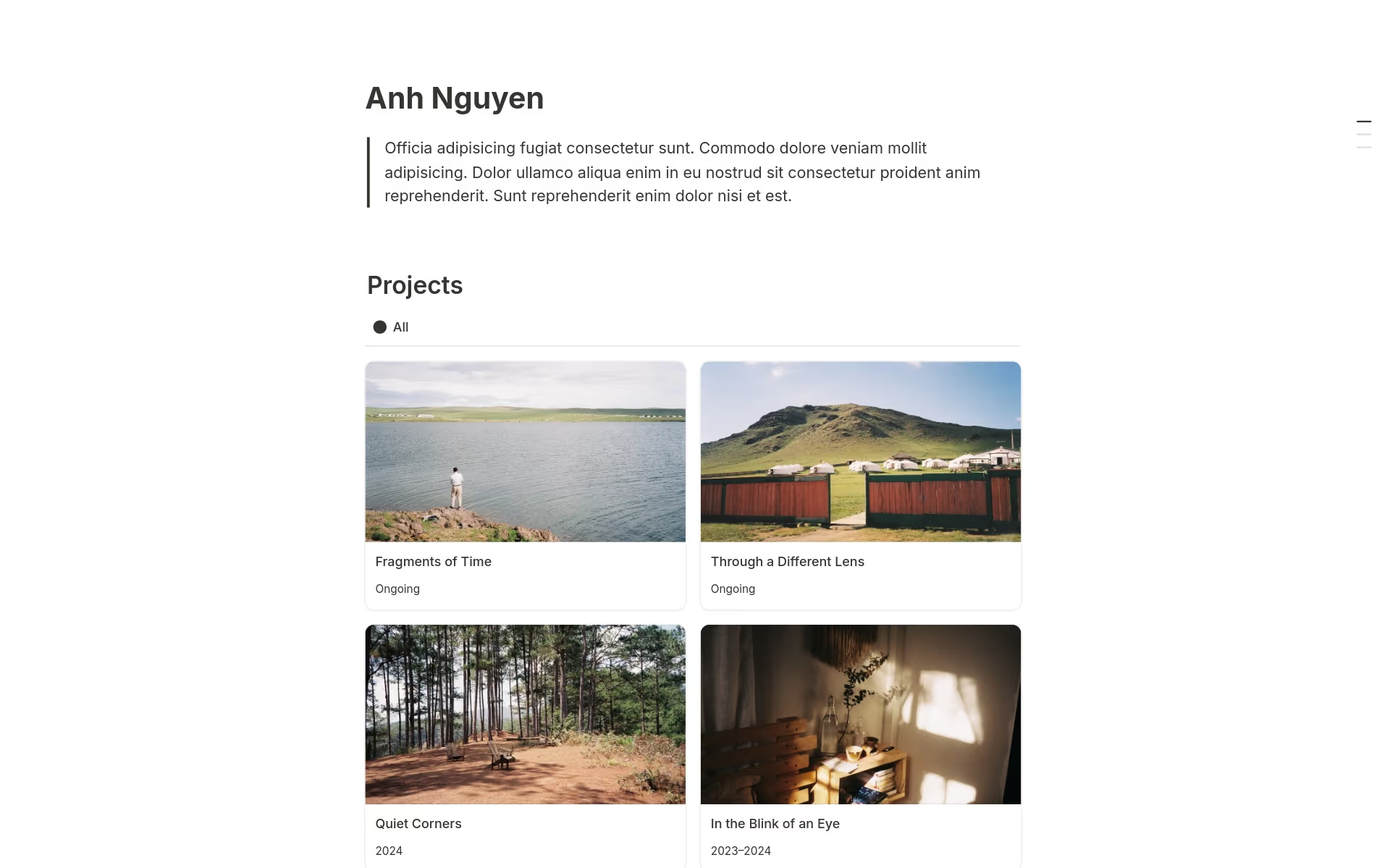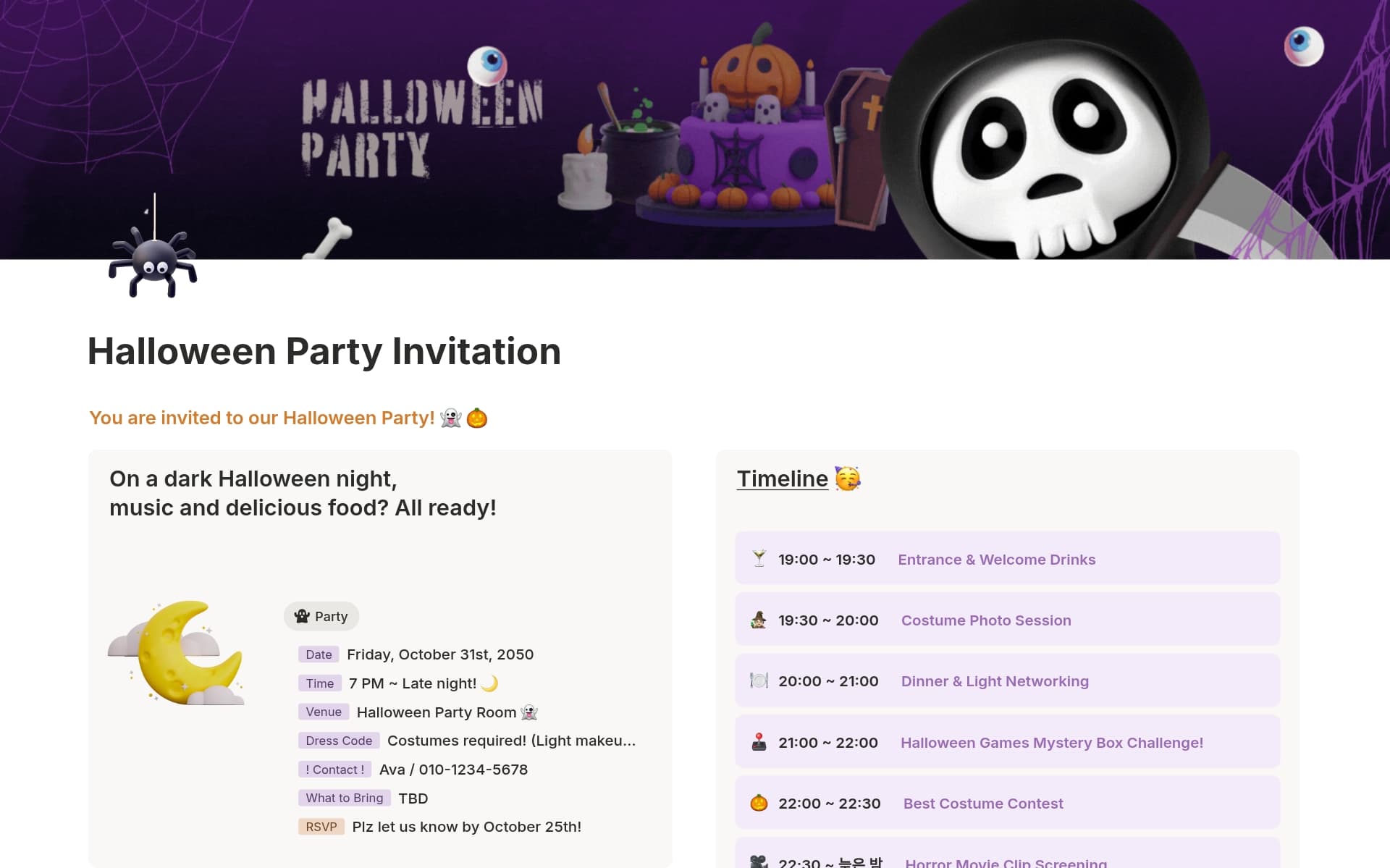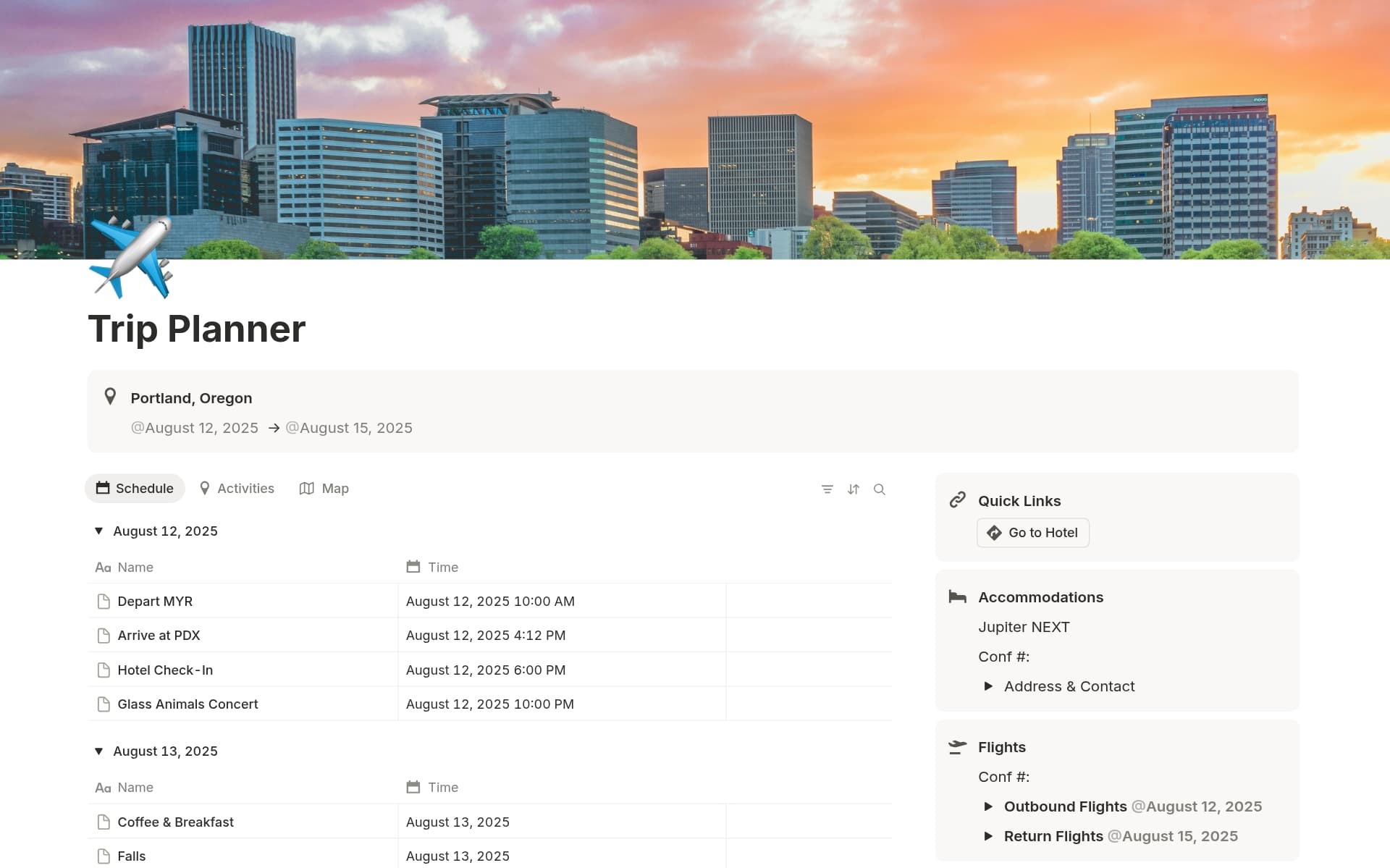For computer hardware engineers, managing the multitude of components, revisions, and updates intrinsic to hardware development can be a nuanced task. A Release Tracking template, tailored specifically for this field, can streamline the entire process—from initial concept to final product launch. Such a template not only organizes tasks and timelines but also enhances communication among team members, ensuring that everyone is aligned with the project's status and milestones.
Before you dive into creating your personalized Release Tracking system, explore these Release Tracking templates below to simplify and enhance your workflow.
What Should Release Tracking Templates Include?
Choosing the right Release Tracking Template is crucial for maintaining the efficiency and accuracy of your project management. Here are key components to look for:
Version Control: Ensure the template includes a clear system for tracking version history and updates. This helps in maintaining the integrity of the project over time.
Stakeholder Updates: A section dedicated to updating stakeholders is essential. It should allow for regular communication on progress, issues, and milestones.
Integration Capabilities: The template should be compatible with other tools used in your projects, such as CI/CD pipelines, to streamline processes.
Risk Management: Look for templates that include risk assessment tools to proactively address potential delays and issues.
Ultimately, the best template will offer a blend of simplicity and comprehensive features that cater to your specific project needs.
What Should Release Tracking Templates Avoid?
Choosing the right Release Tracking Template is crucial for streamlining your project management process. However, certain features can complicate rather than simplify your workflow. Here are key elements to steer clear of:
Overly Complex Features: Avoid templates with excessive features that are not directly beneficial for release tracking. These can lead to confusion and reduce efficiency.
Non-Customizable Fields: Templates that do not allow customization can be restrictive. Opt for templates that can be easily adjusted to fit your specific project needs.
Fixed Workflow Structures: Steer clear of templates with rigid workflow structures. Flexibility in workflow adaptation is essential for addressing unique project challenges and changes.
Ultimately, the best template is one that enhances clarity and coordination, helping your team stay on top of release schedules without getting bogged down by unnecessary complexities.




